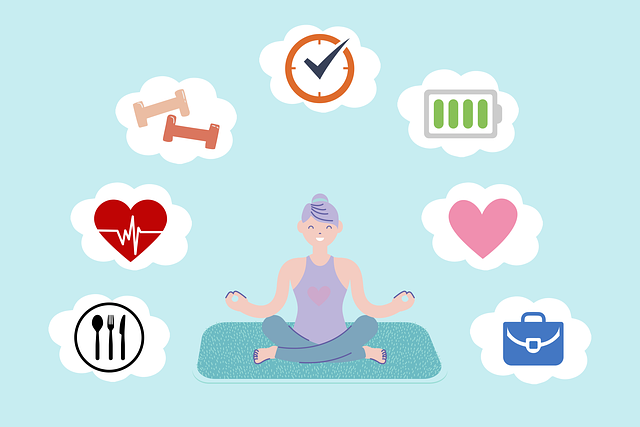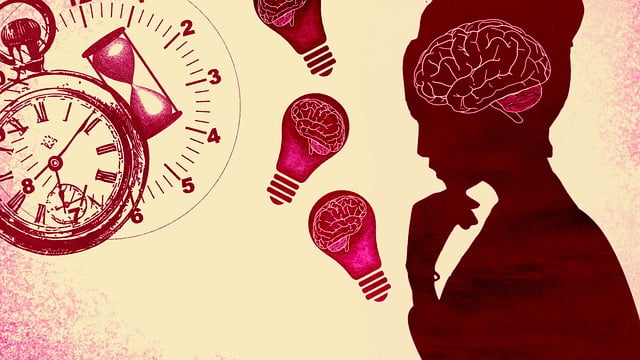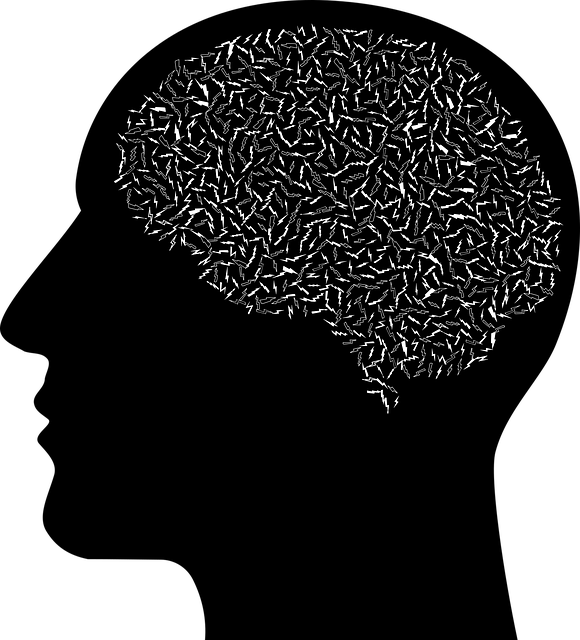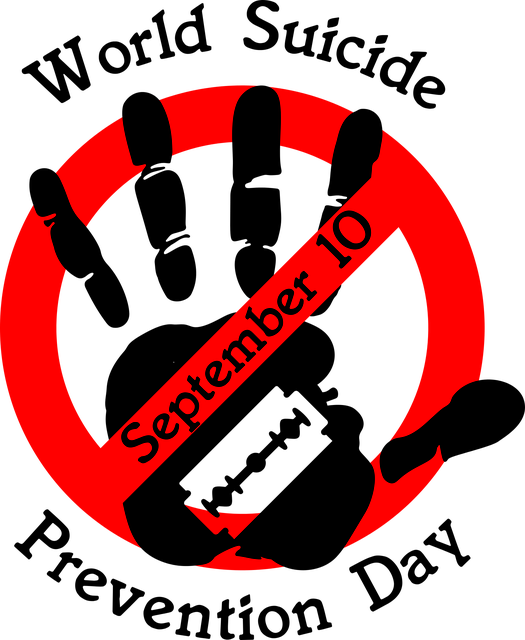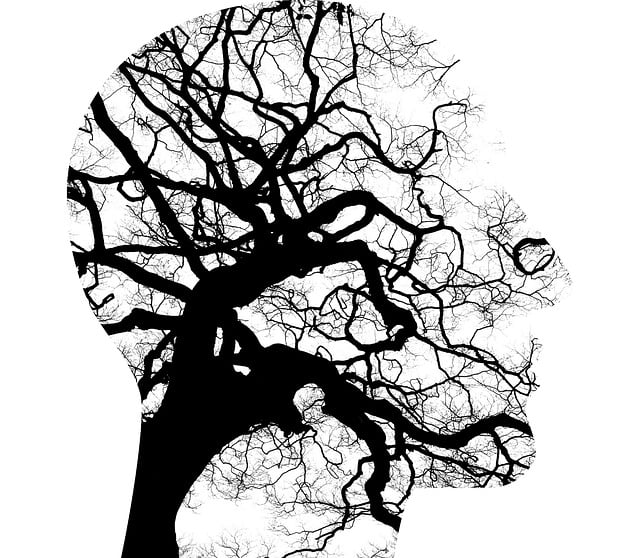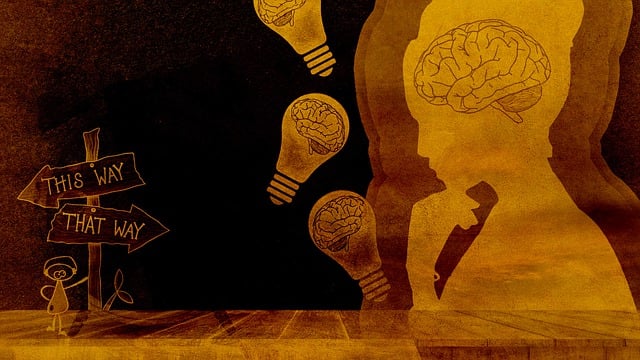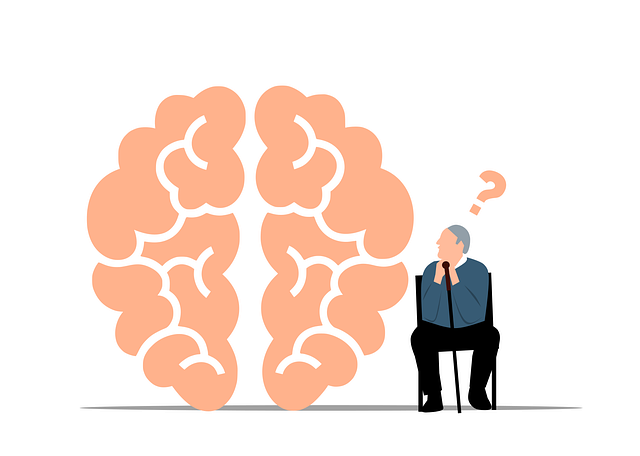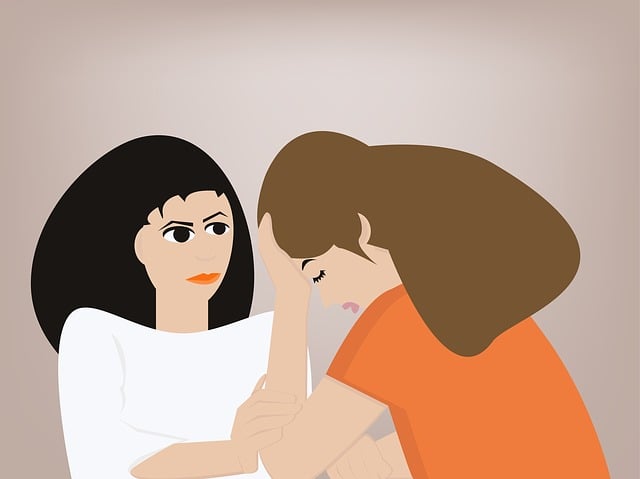Mastering mood regulation is key to managing conditions like Boulder Panic Disorder and Anxiety Attacks. Through therapy, individuals learn to identify and respond differently to triggers, utilizing techniques like Inner Strength Development and Cognitive Behavioral Therapy (CBT). CBT targets negative thought patterns contributing to anxiety, equipping professionals with cultural sensitivity for effective treatment. Mindfulness practices reduce physical tension and stress, while a balanced lifestyle including nutrition, exercise, and sleep supports mood stability. Mental health education empowers individuals to navigate challenges, fostering resilience in Boulder panic disorder and anxiety attacks therapy.
Mood regulation is a vital aspect of our well-being, especially in managing conditions like Boulder Panic Disorder. This article explores various strategies to help individuals gain emotional balance and overcome anxiety attacks. From understanding the fundamentals of mood regulation to delving into specific therapies like Cognitive Behavioral Therapy (CBT), we provide practical insights. Additionally, we discuss mindfulness techniques, lifestyle adjustments, and how nutritional choices, exercise, and sleep can significantly impact mood stability, offering a comprehensive guide for those seeking to master their emotional state.
- Understanding Mood Regulation: Unraveling the Impact of Emotional Balance
- Boulder Panic Disorder: Recognizing the Signs and Strategies for Management
- Cognitive Behavioral Therapy (CBT): A Powerful Tool Against Anxiety Attacks
- Mindfulness Techniques for Calming the Mind and Body
- Lifestyle Adjustments: Nutrition, Exercise, and Sleep for Enhanced Mood Stability
Understanding Mood Regulation: Unraveling the Impact of Emotional Balance

Understanding Mood Regulation is a crucial step in managing conditions like Boulder Panic Disorder and Anxiety Attacks. Emotional balance isn’t just about feeling happy; it’s a state where individuals can effectively navigate their emotional landscape, ensuring that intense feelings of fear or anxiety don’t overwhelm them. This process involves recognizing and accepting emotions as they arise, without judgment, which is a key aspect of therapy for anxiety-related disorders.
Through various strategies like Inner Strength Development and Emotional Regulation techniques, individuals learn to respond to triggers differently. Cultural Sensitivity in Mental Healthcare Practice plays a vital role here, ensuring that therapies are adaptable and respectful of diverse backgrounds, enhancing the effectiveness of treatment. By mastering these skills, folks can transform their relationship with emotions, fostering resilience and enabling them to lead more fulfilling lives free from the constraints of anxiety.
Boulder Panic Disorder: Recognizing the Signs and Strategies for Management

Boulder Panic Disorder, also known as panic attacks, is a severe and sudden episode of intense fear or discomfort accompanied by physical symptoms such as rapid heartbeat, sweating, shortness of breath, and chest pain. Unlike typical anxiety, which may build over time, panic disorder strikes abruptly, often leaving individuals feeling overwhelmed and confused. Recognizing the signs early is crucial for effective management, enabling individuals to seek therapy, one of the most powerful tools in fighting this disorder.
Anxiety relief techniques, such as deep breathing exercises, meditation, and positive thinking, can provide immediate crisis intervention guidance during an attack. However, lasting management requires professional help. Therapy options like cognitive-behavioural therapy (CBT) are highly effective in teaching individuals to understand their triggers, challenge negative thoughts, and develop coping strategies for long-term anxiety relief. By addressing the underlying causes of Boulder Panic Disorder, individuals can reclaim control over their lives and live free from fear.
Cognitive Behavioral Therapy (CBT): A Powerful Tool Against Anxiety Attacks

Cognitive Behavioral Therapy (CBT) has emerged as a powerful tool in the arsenal against anxiety attacks and Boulder Panic Disorder. This evidence-based approach focuses on identifying and changing negative thought patterns that contribute to distressing emotions and physical symptoms. By helping individuals challenge and replace distorted beliefs with more realistic and balanced ones, CBT empowers people to manage their anxiety effectively.
Through structured sessions, CBT equips mental health professionals with a risk assessment tool to gauge the severity of symptoms and tailor interventions accordingly. It also promotes cultural competency among healthcare providers by emphasizing the importance of understanding individual experiences and backgrounds, enhancing the therapeutic alliance. Furthermore, CBT facilitates coping skills development, enabling individuals to employ strategies like deep breathing exercises, mindfulness techniques, and behavioral activation to reduce anxiety and improve overall well-being.
Mindfulness Techniques for Calming the Mind and Body

Mindfulness techniques have emerged as powerful tools for calming both the mind and body, making them valuable strategies in managing conditions like Boulder Panic Disorder and Anxiety Attacks Therapy. By focusing on the present moment and cultivating non-judgmental awareness, individuals can learn to quiet racing thoughts and reduce physical tension associated with stress and anxiety. Practicing mindfulness meditation encourages a deeper connection with one’s senses, helping to ground the individual and foster emotional well-being promotion techniques that are essential for mental health awareness.
Incorporating mindfulness into daily routines allows for effective stress reduction methods, enabling individuals to navigate challenging situations more calmly. This ancient practice has gained modern recognition for its ability to reduce symptoms of anxiety disorders, making it a go-to approach in many therapeutic settings. Through dedicated practice, one can enhance their resilience and better manage the impact of stressful events, ultimately contributing to improved overall emotional well-being.
Lifestyle Adjustments: Nutrition, Exercise, and Sleep for Enhanced Mood Stability

Maintaining a balanced lifestyle is a cornerstone in managing and regulating moods, particularly for individuals dealing with panic disorder and anxiety attacks. Nutrition plays a significant role; incorporating foods rich in omega-3 fatty acids, vitamins B and D, and magnesium can help reduce symptoms of anxiety and improve overall mood stability. Regular exercise, such as aerobic activities or yoga, releases endorphins that promote relaxation and positive emotions, providing an effective stress management tool.
Additionally, prioritizing quality sleep is essential for mental well-being. A consistent sleep schedule supports the body’s natural rhythm, allowing for better emotional regulation. Incorporating self-care practices like meditation, journaling, or engaging in hobbies can further enhance these lifestyle adjustments. Mental health education programs design and stress management workshops organization can also equip individuals with valuable tools to navigate life’s challenges, ultimately fostering a sense of control and resilience.
Mood regulation is a multifaceted approach that combines understanding our emotional balance, managing conditions like Boulder Panic Disorder, utilizing effective therapies such as Cognitive Behavioral Therapy (CBT) for anxiety attacks, incorporating mindfulness techniques, and making positive lifestyle adjustments through nutrition, exercise, and sleep. By integrating these strategies, individuals can gain better control over their moods, leading to improved mental well-being and a more fulfilling life.


